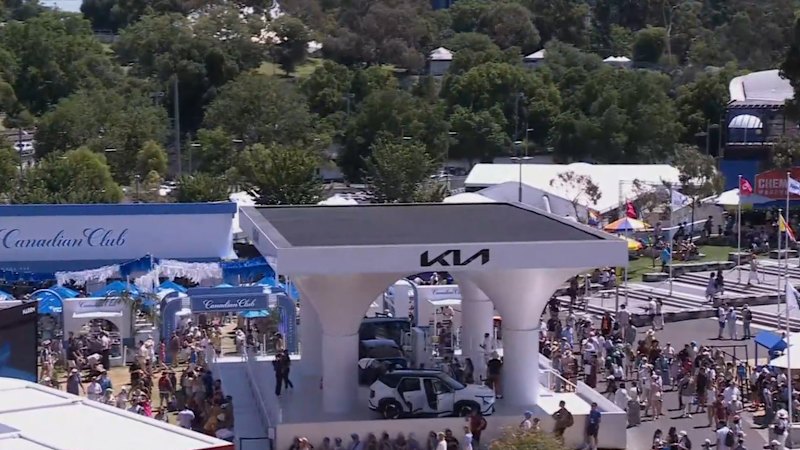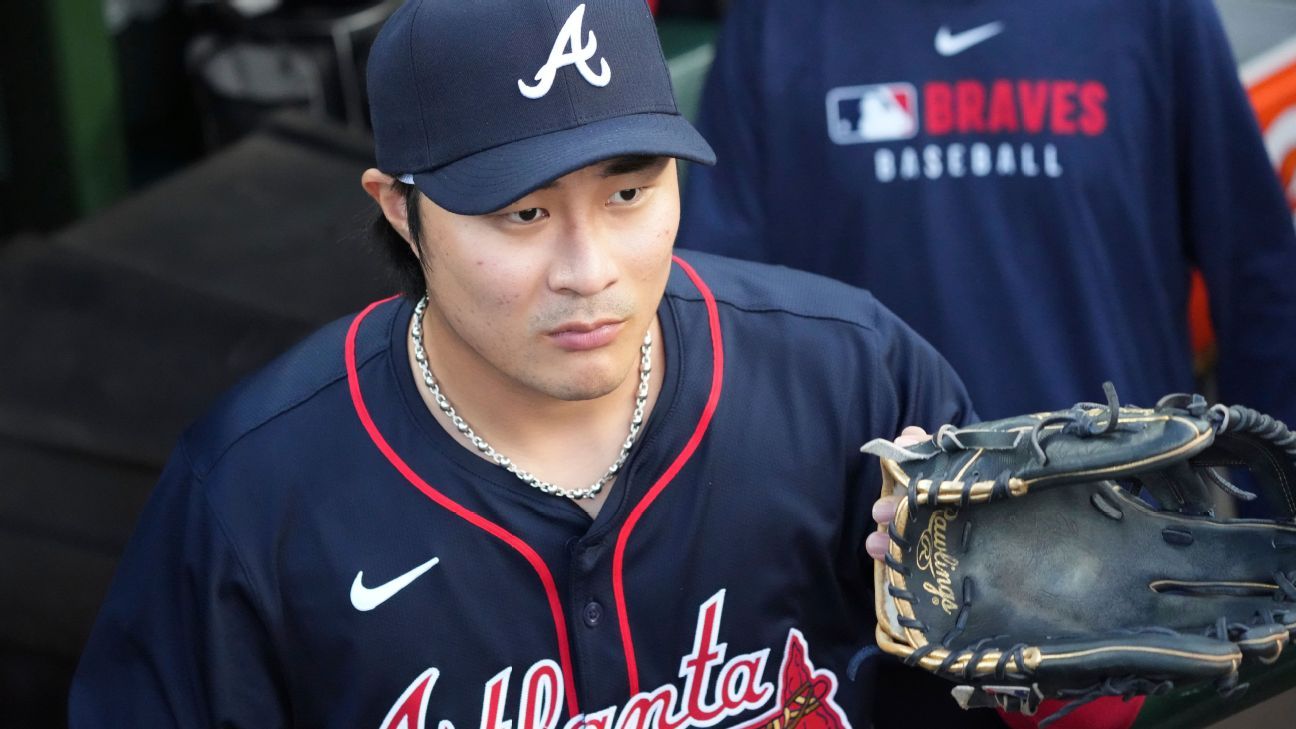
Mohammed Ben Sulayem will remain as president of the Fédération Internationale de l’Automobile (FIA) after the last potential challenger, Tim Mayer, has withdrawn from the race due to an election requirement. Mayer, a former FIA senior steward who held the position for 15 years before being dismissed in November 2022, was among three candidates planning to contest against Ben Sulayem. The other candidates included former racing driver Laura Villars and Belgian journalist Virginie Philpott.
Both Villars and Philpott, along with Mayer, have been unable to meet the necessary criteria set forth by the FIA for the election. Mayer is expected to officially announce the suspension of his campaign in Austin on Friday, where he will discuss the reasons for his withdrawal and his views on the current electoral process.
The crux of the issue lies in a regulation that mandates any presidential candidate to present six prospective vice-presidents for sport, one from each of the FIA’s global regions. Notably, the only representative from South America, Fabiana Ecclestone, wife of former F1 supremo Bernie Ecclestone, has already declared her support for Ben Sulayem. Due to the lack of other representatives from South America, candidates are unable to nominate a vice-president for the region, rendering them ineligible to run and effectively leaving Ben Sulayem unopposed in the upcoming election scheduled for December 2023.
Despite his withdrawal, Mayer intends to continue advocating for his position, aiming to illustrate that he would have provided a viable alternative to Ben Sulayem. Recently, the current president has faced heightened scrutiny regarding governance within the FIA. Critics have raised concerns about a perceived concentration of power, suggesting that both Ben Sulayem and the FIA Senate have limited the effectiveness of the ethics committee, potentially allowing inquiries to be suppressed.
David Richards, chair of Motorsport UK, has expressed his apprehensions about what he describes as an “erosion of accountability and good governance within the FIA.” Furthermore, former deputy president for sport, Robert Reid, who resigned in April, cited dissatisfaction with “critical decisions being made without due process” and pointed to a “fundamental breakdown in governance standards.”
As the FIA prepares for its upcoming election, the implications of these developments extend beyond Ben Sulayem’s unopposed candidacy. Stakeholders within the motorsport community are closely monitoring the situation, as governance issues continue to be a focal point of discussion.







